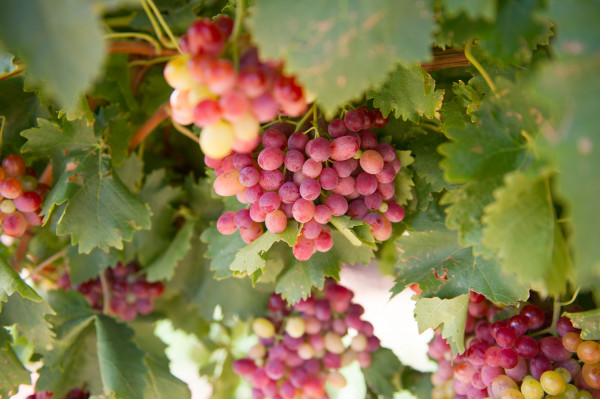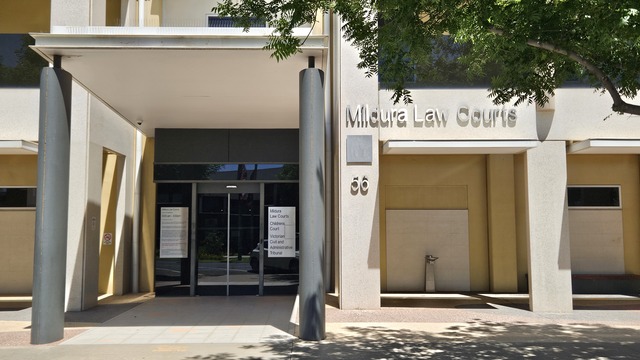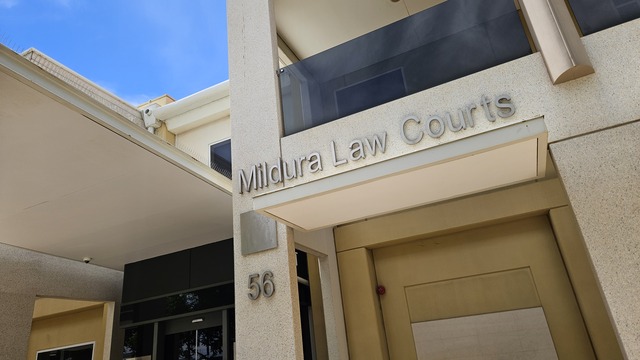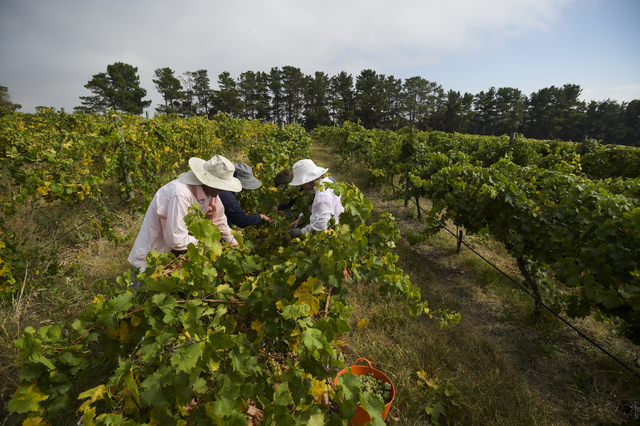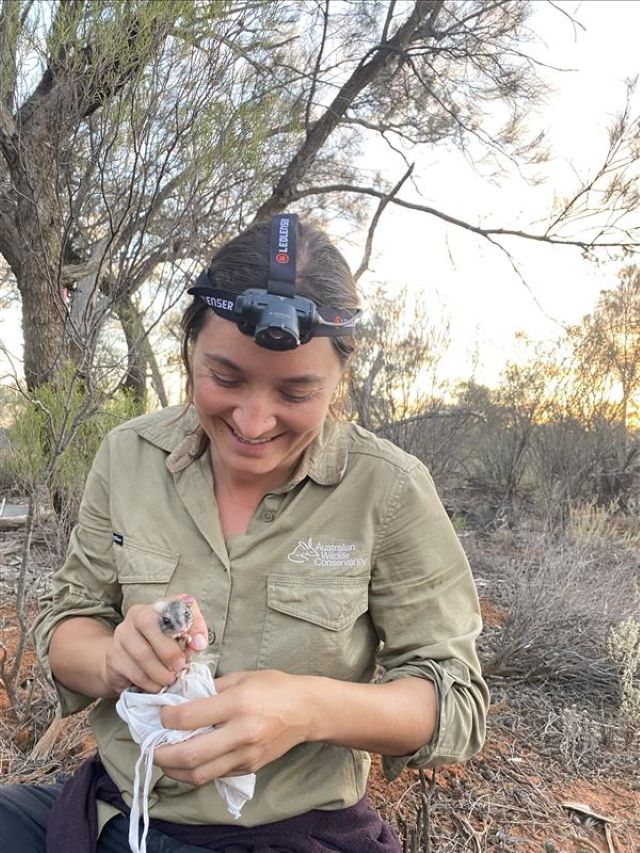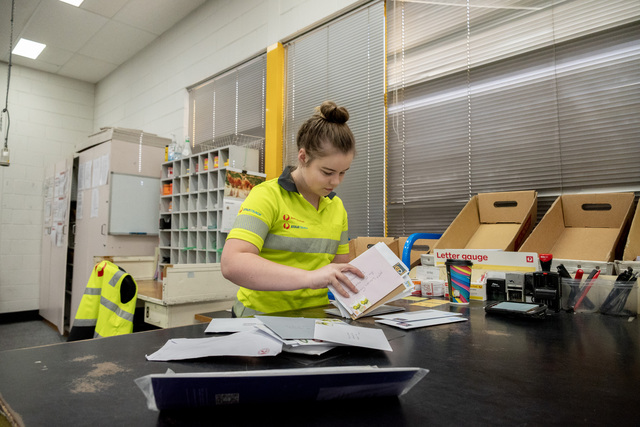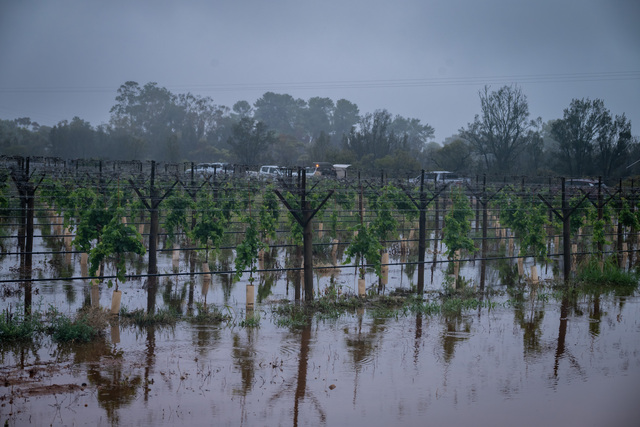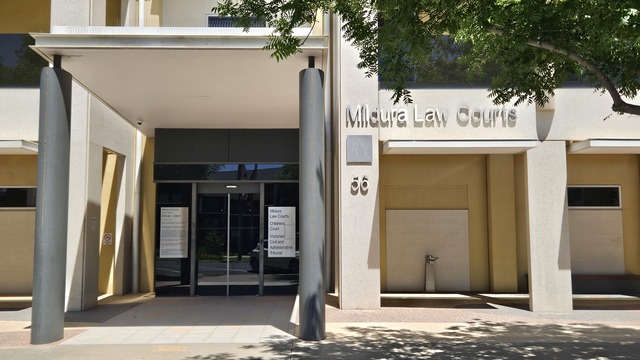A EUSTON-based grape export company has been fined more than $1 million for deliberately trying to bypass controls to export table grapes to New Zealand.
The Grape House Pty Ltd pleaded guilty to six counts of making false representations with the intention of dishonestly influencing a commonwealth official, while a New South Wales District Court judge also took into account a further 23 related offences when passing sentence.
The company, described in court as the largest exporter of table grapes in Australia, submitted false or misleading documentation to the Department of Agriculture and Water to obtain phytosanitary certification and permits to export the grapes during the 2017 and 2018 export seasons.
The company claimed the grapes intended for export were from a pest-free area, meaning they did not need cold-storage treatment for fruit fly, however the grapes were not from a pest-free area and were exported without the required treatment.
Carmelo “Charlie” Costa was the sole director of TGH and Colin Egan was the warehouse and logistics manager during the time of the offending.
The court was told that in that role, Mr Egan was in charge of preparing documents to be submitted to the then named Department of Agriculture and Water and carrying out the mandatory treatment of grapes prior to export.
The total $1,050,000 fine was handed down in Penrith District Court this month.
Since 1989, TGH has operated a packhouse and treatment facility for table grapes and citrus from Kilpatrick Road in Euston.
District Court Judge Robert Newlinds said the objective seriousness of the offending was significant.
“The risk to Australia’s national interest, many Australian farmers, the Australian economy, as well as the New Zealand economy, and many New Zealand farmers was not insignificant,” Judge Newlinds said.
“The offending was a cynical exercise to increase the profitability of TGH without any care for the consequences to others.”
TGH submitted that a total fine of between $240,000 and $290,000, from which a discount of 20 per cent would apply for the guilty pleas, would be appropriate.
However, Judge Newlinds said he did not agree with those suggestions.
“The objective seriousness and the need for general deterrence and adequate punishment demand a significantly greater penalty than is suggested,” he said.
The judge said he considered a total fine of $1,050,000 to be the appropriate and proportionate total punishment for the overall criminality involved.
“It is intended to be sufficient to deter repetition by TGH and by others who might be tempted to offend in similar ways,” he said.
Australia’s table grape exports were worth more than $248 million last financial year, according to ABARES data.
Biosecurity, Operations and Compliance deputy secretary Justine Saunders said Australia had worked with New Zealand authorities as part of the lengthy investigation.
“An outbreak of Queensland fruit fly in New Zealand would jeopardise New Zealand’s multi-billion-dollar horticultural industry,” Ms Saunders said.
“Damaging Australia’s international trade reputation could negatively impact legitimate exporters, which would significantly affect Australian farmers.
“Under the Export Control Act, people can be given prison terms for breaching our laws, (while) corporate entities can be fined, civilly prosecuted and have their registrations revoked.”
The matter was prosecuted by the Commonwealth Office of the Director of Public Prosecutions after a referral from the Department of Agriculture, Fisheries and Forestry.

